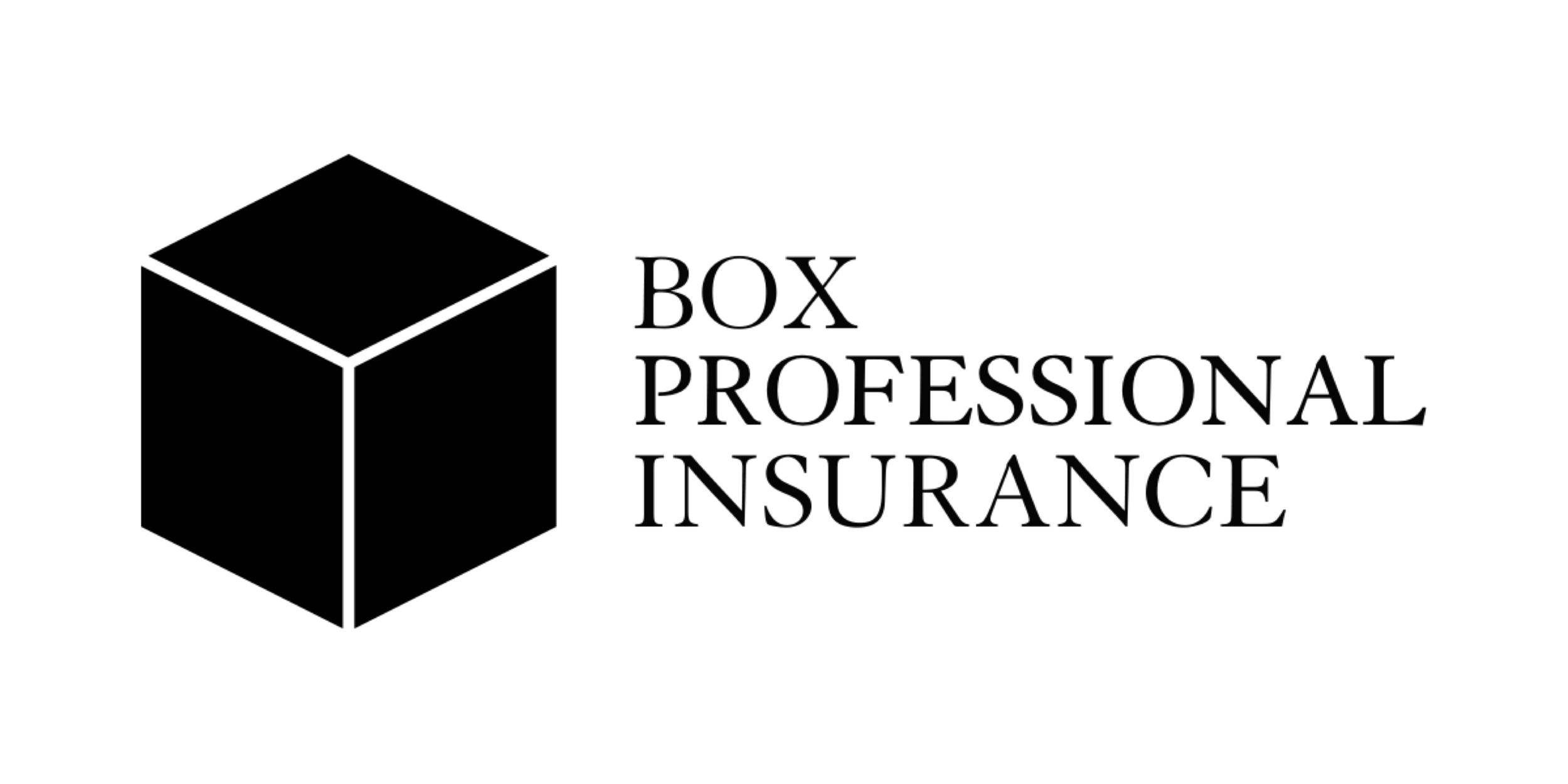Fragile
I spent most of last week at home, nursing a bad cold—those of you that know me know how hard it is to tear me away from the office. And no, fortunately, it was not COVID-19. In my fragile and diminished state, I had more time to slow down, read the news, and reflect on what I’d read. Particularly when times become more difficult, whether globally or locally in my personal life, I have found it helpful to ask, ‘What might I be able to learn from this situation?’ In other words it’s been my experience that a learning mindset is invaluable on both a personal and global scale. Now, I don’t have the answers on what we should do as a global society, but my hope is that my words can stimulate some thought that could help prepare you and your team in the local scope of your work. The idea that follows from that, of course, is that as we work to answer these questions individually, in our own spheres of influence, that the global “we” will get stronger as well. And as I lay in my sickbed last week, pondering that immortal question—‘What can I learn?’—the answer that came to my mind was this: don’t fear the unexpected; plan for it.
Firstly, I think it’s helpful to recognize that no matter how hard we work to protect ourselves from bad things happening, that they still will. And if we accept misfortune as a constant, the only difference between the wise man and the fool is that the wise man asks themselves in the tranquility of anticipation, “What would I do if this happened to me?” You, dear reader, as a financial advisor and risk manager, know this intuitively—you know that at some point life will hand you either unexpected opportunity or misfortune. Opportunity tends to take care of itself. But in the case of misfortune—will it set you back, or have you planned out a way to be strengthened and educated by it?
As I write this, there has been a fierce uptick in market volatility, and from what I can see from here it looks very probable that we will hit a circuit breaker halt or two in the markets very soon. The circuit breaker itself, I would say, is a system protection mechanism very much in the vain of ‘planning for the unexpected’ as I’ve described. And the predictable but always fascinating thing about chaos as we’re seeing it now is that unexpected challenges invariably arise. Just now the platform I use to even watch the markets as they trade—Google Finance—has crashed, and while the ticker tape is still rolling, the charts are gone, victims of the velocity of price as it waterfalls lower. Luckily, because the work I do in the E&O space, while important, is rarely urgent—these little day-to day-hiccups don’t matter. What does matter is that I recognize that my informational environment has changed, and that the system that yesterday allowed me to take stock of the world around me no longer functions as it did. And in that moment, I’m faced with those same immortal questions once again—‘What can I learn?’ ‘Have I planned myself into a position of strength for this eventuality?’
At risk of sounding big-headed, the work that my firm does has resonating importance—it’s so important, in fact, that an error in our work can easily put our clients at risk of losing their business and their livelihood. And in turn, if our clients’ stability is threatened, then so threatened are the financial lives and health of their client families and businesses. I say all of that to say—the questions I ask myself these days are the deeply uncomfortable planning questions that face risk head-on instead of ignoring it. Questions like, “What would be the worst imaginable scenario that would harm my ability to serve my clients, and thus their ability to serve theirs?” “What do I believe about my risks that’s wrong?” “What am I doing that adds risk and vulnerability to my situation?” “Where am I most fragile?”
These are the questions you should be asking yourself, too. With a deadly viral outbreak sweeping the world, don’t our times demand that of us? We all have systems in place so that we can do our job at our ideal capacity. Checklists, P&Ps, best practices, natural redundancies, you name it—we are empowered by our systems, tools and technologies to work wherever and whenever we want. It’s my belief that the turbulence of the modern world will continue to test these systems in new and unexpected ways. Now is the time to ask questions about our own fragility, and to plan for even the most outlandish of unexpected eventualities. God willing, none of those scenarios never come to pass. And yet, we both know some of them will.
I ask all of us—how can we use the times in which we are strong to plan for the times that we may become fragile? When we do become fragile, what can we learn from those experiences in order to better protect and serve our clients and families? We don’t want bad things to happen—we don’t expect them, we don’t invite them, and we work to prevent them. They still happen.
Do you have a process in place to turn your fragilities into strengths?
Written By: Chad Ramberg
Today’s BPI Advice: We built our proprietary RIAview analytical tool to help you do for your RIA practice as I have described in this post. Get in touch to learn more.
Case studies, testimonials and other information on the website are for illustrative purposes only, and may not reflect the terms of any particular insurance policies nor the coverage of any specific claims. Box Professional Insurance makes no representations of any kind regarding coverage or the specifics of any policy or claim. See your insurance carrier and policy for details on coverage, exclusions and limits.

